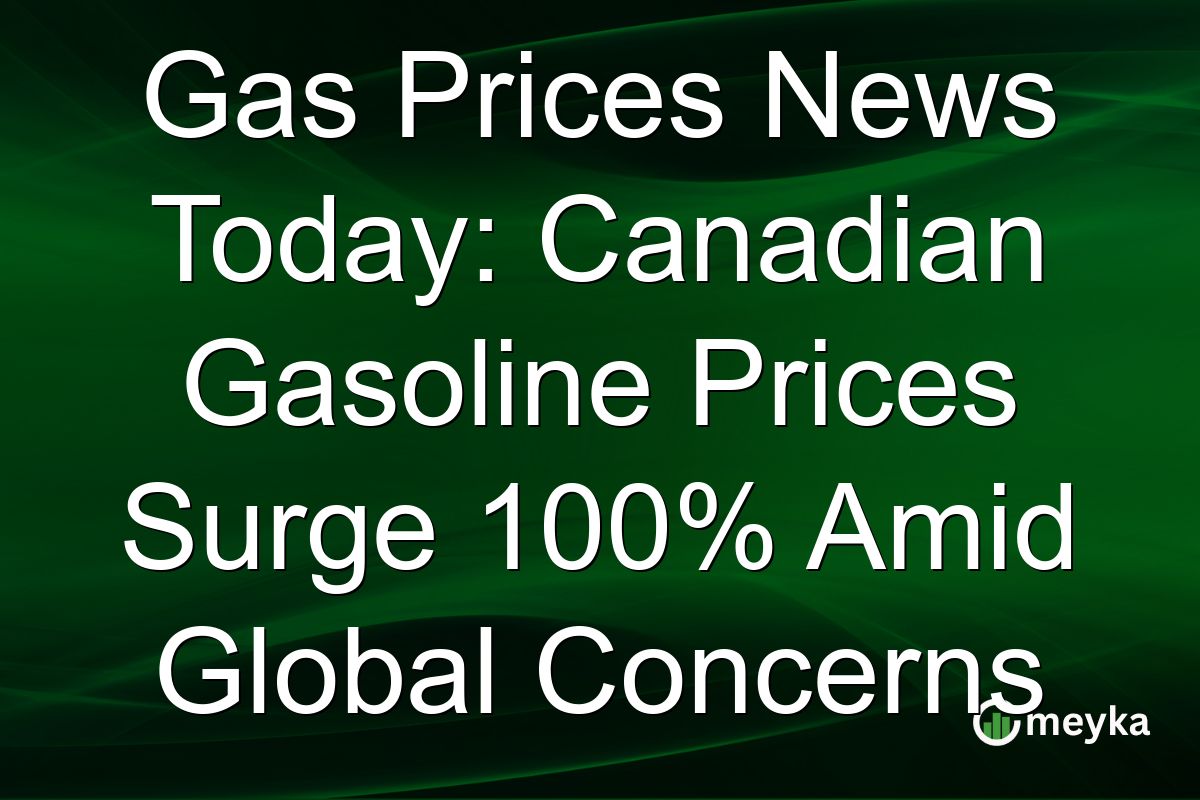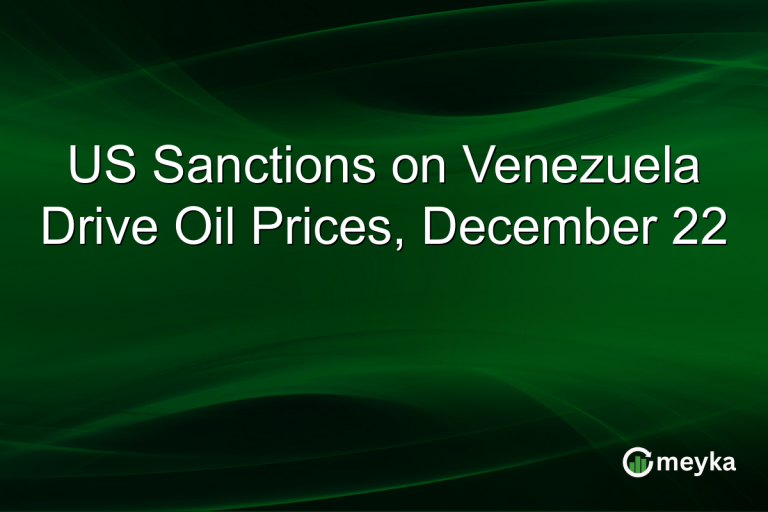Gas Prices News Today: Canadian Gasoline Prices Surge 100% Amid Global Concerns
In a startling development, Canadian gas prices today have surged by 100%, drawing widespread attention across the nation. This dramatic increase, driven by a range of global factors, is impacting individuals and businesses alike. As consumers grapple with the immediate effects at the pump, discussions around inflation and energy policy are reigniting. Understanding the core reasons behind this spike and its potential long-term effects is crucial for all stakeholders.
Analyzing the Reasons for the Gas Price Increase
The sudden spike in Canadian gas prices is fueled by multiple factors. Global supply constraints are a major contributor. This year, geopolitical tensions have threatened supply chains, particularly impacting North American markets.
Additionally, unexpected refinery shutdowns have compounded the issue. In Canada, several key refineries are undergoing maintenance, reducing domestic production capacity. Coupled with rising demand post-pandemic, these elements create a perfect storm for increased prices.
Economists warn that unless supply issues resolve and refineries scale up operations, prices may remain volatile. This highlights the necessity for strategic energy policies aimed at stabilizing the market.
Read more about the reasons for the gas price increase.
Impact of the Gas Price Hike on Canadian Economy and Consumers
For everyday Canadians, the impact is immediate and significant. Commuters experience higher transportation costs, which can strain household budgets, especially as inflation rises. The 100% increase has also intensified debate over energy affordability and public transport solutions.
Businesses, especially in logistics and manufacturing, face increased operational costs. This is expected to shift prices upwards across various sectors, affecting everything from groceries to consumer goods.
The broader economic implications include potential setbacks in growth and increased pressure on monetary policies. As policymakers analyze this situation, balancing economic recovery with inflation control remains critical.
Explore the impact of the gas price hike in Canada.
Gasoline Price Forecast: What Lies Ahead for Canada?
Looking ahead, analysts predict that Canadian gas prices will continue to fluctuate. While some relief might occur if global stability returns and refinery outputs normalize, uncertainties persist.
Long-term forecasts emphasize the adoption of alternative energy sources as a potential buffer against future volatility. Governments could increase incentives for electric vehicles and renewable energy investments.
The current scenario underscores the urgency for Canada to reassess its energy policies and infrastructure. As the country navigates this landscape, balancing immediate consumer relief with sustainable long-term strategies remains a priority.
See the gasoline price forecast for Canada.
Final Thoughts
In summary, the surge in Canadian gas prices today by 100% is a multifaceted challenge rooted in both local and global dynamics. The immediate impacts on consumers and businesses highlight the vulnerabilities of existing energy policies. However, this situation also opens opportunities for innovation and policy reform.
For investors and policymakers, the path forward involves a delicate balance of addressing short-term hurdles while laying the groundwork for sustainable energy solutions. Continuous monitoring of market trends and proactive governance could mitigate future risks.
Utilizing platforms like Meyka can provide real-time insights into these dynamics, enabling better decision-making amid uncertainty. As stakeholders navigate these turbulent economic waters, informed strategies and resilient planning are crucial.
FAQs
The recent increase in Canadian gas prices is largely due to global supply constraints, geopolitical tensions, and maintenance shutdowns at key refineries. These factors have reduced supply amid rising demand.
The gas price hike impacts consumers through higher transportation and living costs. For businesses, especially in logistics, operational expenses rise, potentially leading to increased prices for goods and services.
Analysts predict fluctuations in Canadian gasoline prices, with relief dependent on global stability and domestic refinery output. Long-term strategies emphasize transitioning to alternative energy sources.
Consumers can mitigate the impact by using public transportation, carpooling, and adopting fuel-efficient vehicles. Long-term shifts to electric vehicles and alternative energies can also provide relief.
Canada can invest in alternative energy sources, enhance refinery capacity, and implement strategic energy policies to stabilize gas prices and decrease reliance on volatile global markets.
Disclaimer:
This is for information only, not financial advice. Always do your research.






